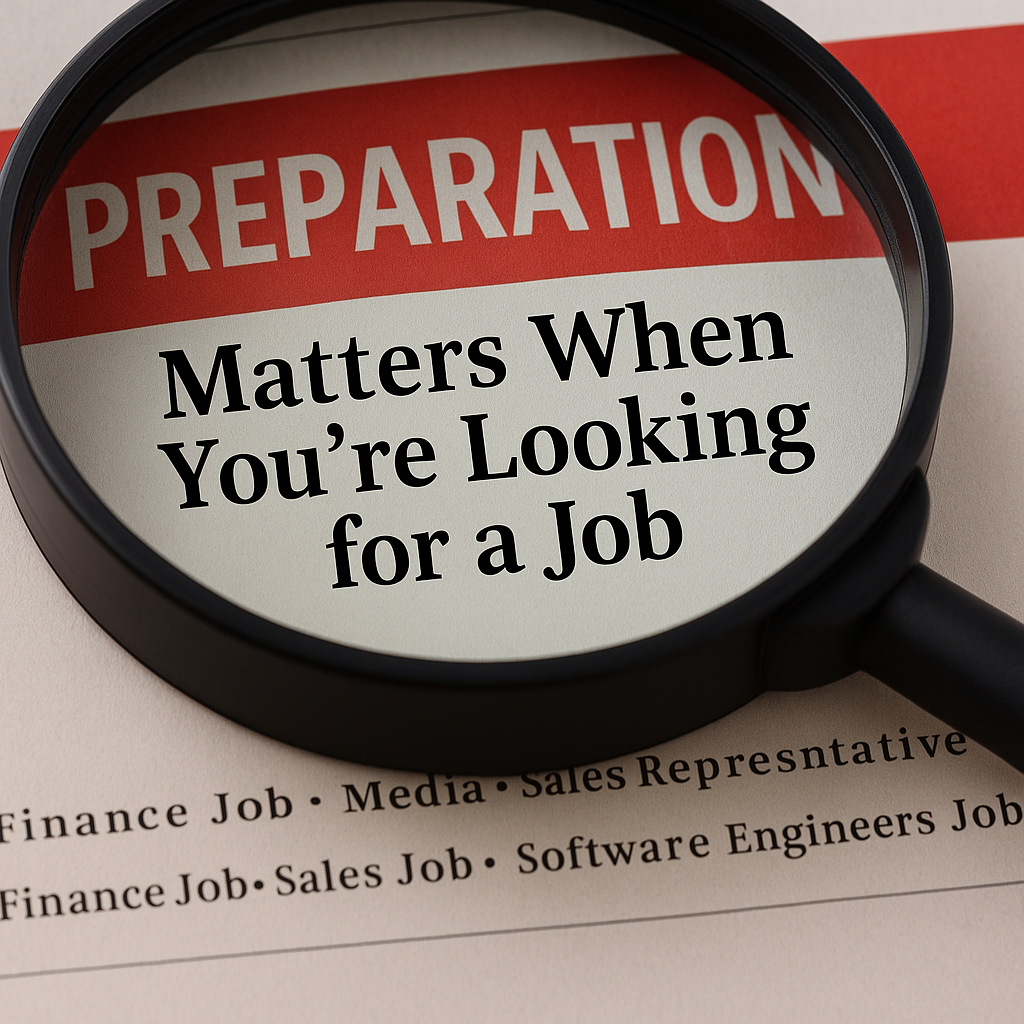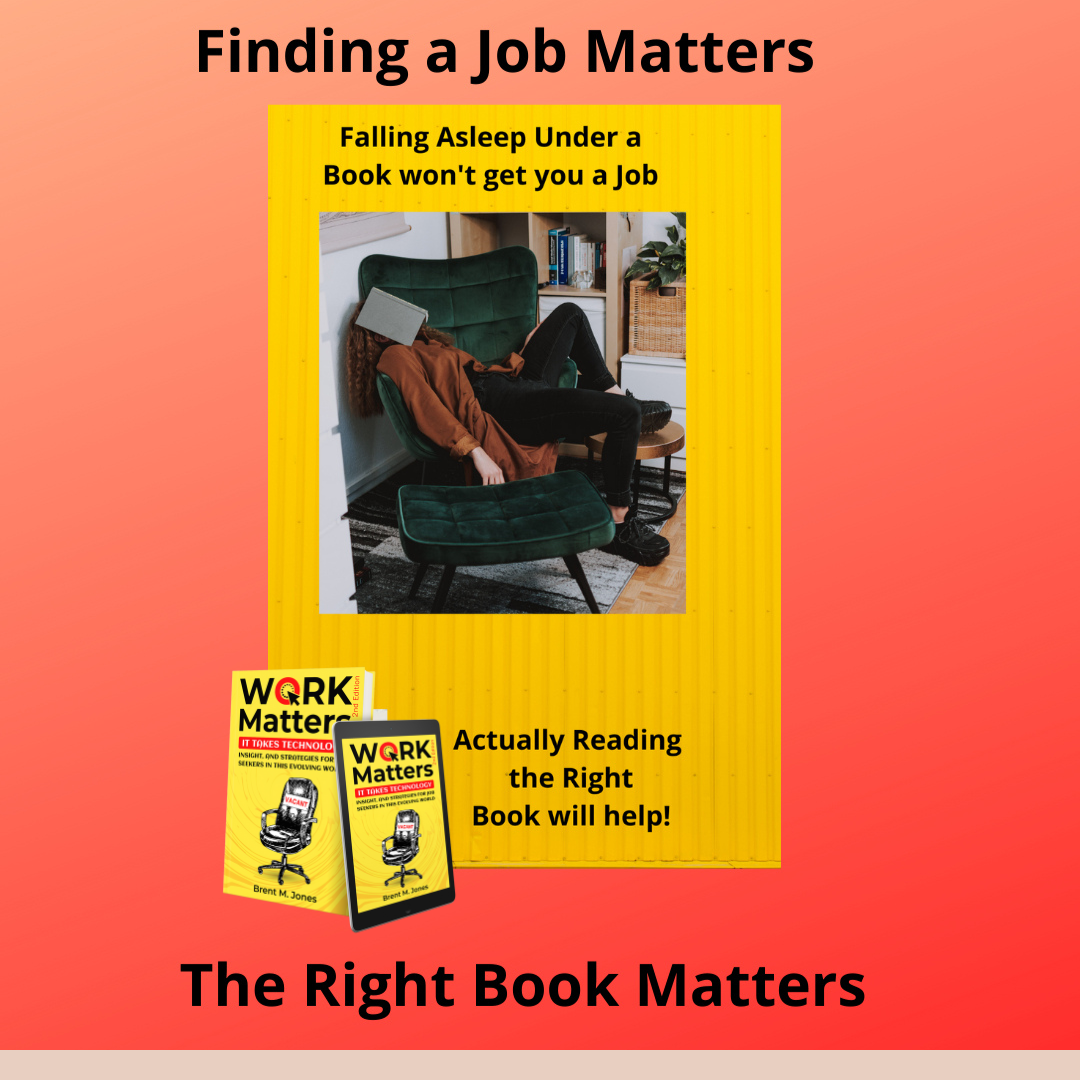Could you keep the job you have? Now more than ever, make yourself a valuable employee. Do more than is expected. Solve problems and do so consistently. Show initiative and do things without being asked to add value. Be a keen problem solver. Please look for ways to make improvements. Keep your technical skills current and recognize what changes will bring and the skills that will be needed. Improve your communication skills
1. Having No Clear Direction
You're unlikely to be very successful if you have a scattergun approach to job-hunting. So, if you find yourself firing off 20 applications a day, hoping you’ll get called for at least one, you should probably take a step back and rethink your approach. Pay close attention to the job spec and make sure you have the required skills and experience, and then some. That way, you will focus on jobs you can do and have a better chance of securing a new job.
2. Not Beating Applicant Tracking Systems (ATS)
With applicant tracking systems remaining at the forefront of the recruiting process, it’s often hard for your resume or CV to reach the hands of a qualified recruiter. As a result, HR managers increasingly rely on the power of ATSs to find suitable candidates based on keyword matches – undoubtedly one of the worst pieces of technology to solve a human problem.
And although the ATS scanner rejects most candidates, you could be among the successful applicants – if you address a few issues before firing off your application and resume. Firstly, ensure the exact keywords from the job description are incorporated into your resume naturally. Secondly, run your CV through an online ATS or resume scanner to spot any mistakes or missed opportunities before sending it to the hiring manager.
3. Having No Connections
In today’s job search, a referral gives you a better chance of getting noticed – and hired – by employers. An employee referral program is a cheaper alternative to recruiting and makes you a more trustworthy candidate in recruiters’ eyes, as there is a standard connection to vouch for you. So, suppose you’re embarking on your job search alone. In that case, you should change strategies and start talking to your acquaintances about it – they may know about an opening at their company and might be able to recommend you. If you don’t have a vast professional network, consider attending networking events to improve your situation.
4. Skipping the Cover Letter
A rookie mistake many applicants make when applying for a job is failing to submit a cover letter. Many assume that hiring managers won’t read it and that it wastes time. But while they indeed don’t always read your cover letter, it doesn’t give you the green light to ditch it all together! A cover letter shows your personality, work ethic, and attention to detail in a way that a CV or résumé can’t! Although job ads don’t always specify that a cover letter is required, you should always write one to accompany your CV. Failure to do so can cost you an interview. That said, don’t just write any old jargon; your cover letter should tell the hiring manager what relevant skills you bring and examples of where you’ve used them in past positions.
5. Lacking Confidence
A lack of confidence is the most significant hindrance to job search success. If you lack confidence in your skills to perform well on the job, rest assured you won’t be able to sell yourself to a potential employer through your application or an interview (if you manage to secure one).
To help you be more confident, you should consult with friends and family who will be able to give you pointers. Meanwhile, don’t forget to practice your answers to common interview questions when it comes to preparing for an interview. Remember: you won’t have the confidence to carry on without adequate preparation.
6. Relying Solely on Job Advertisements
While job postings and advertisements are valuable opportunities, you shouldn’t rely solely on them to secure a new position. Instead, why not list the top employers you’d like to work for and then check their websites for vacancies? This strategy makes you far more likely to find your dream job! It would help if you also spent a lot of time on LinkedIn searching for new opportunities; with their tailored algorithm, you will receive job suggestions based on your skills and experience, so you’ll be more likely to succeed using this method.
7. Only Having One Version of Your CV
Another rookie mistake is having only one version of your resume and sending it out without changing it to multiple job positions. This is neither effective nor productive as other jobs require different skills and have explained the responsibilities in their posting. So, instead of having a one-size-fits-all resume, create a separate version for each position you’re interested in and capable of doing. You don’t have to rewrite the entire document; you can amend your career objective or tweak your work experience section to suit the job. Perhaps you might want to emphasize different skills for different opportunities to ensure it passes the ATS we mentioned above.
8. Relying on Headhunters and Recruiters
Although headhunters and recruiters are great ways to find new opportunities, you shouldn’t rely solely on their assistance. Their priority is their clients (paying their salary), so they will ensure they find a good match for the client and not necessarily for you.
You will most likely find networking more fruitful with clients and colleagues than wasting time on a recruiter that promises you the world but doesn’t deliver any opportunities you’d want to take.
9. Not Following Up
This is something that I’ve been guilty of in the past and probably something that you can relate to, as well! Often, we fire off an application and then wait (sometimes for weeks on end) without even following up with the hiring manager. So, although you think your work is complete after sending your CV and cover letter, it has just begun! There’s no harm in sending an email or making a phone call to check on the status of your application. It can put you at the forefront of the interview list, showing that you’re committed to bagging the position.
10. Having No Clear Career Goals
There are a few situations when we are forced to search for a new job, including being unhappy in our current position, being made redundant, or seeking a career change. In each of these circumstances, it’s uncommon to feel pressured into accepting the first offer that comes our way without actually thinking about our goals.
To ensure you always stay on track when looking for new work, list your three top career goals and cross-reference them every time you apply to a new position. If the job doesn’t match your criteria, move on to something that will! Although you might feel that you will never find what you genuinely want to do, it's within arm's reach with the right amount of hard work and dedication.
Considering these difficulties and applying the advice provided, your search will be considerably less challenging and more productive! It no longer must be a daunting process but one you’re comfortable with and good at! What difficulties have you faced when searching for a job? Let us know your experiences in the comments section below.

























